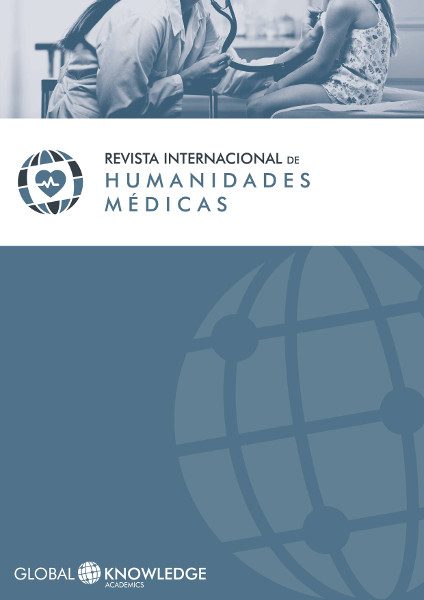Aristotelian Physical Address and Heart Doença na Atualidade
DOI:
https://doi.org/10.37467/gka-revmedica.v4.853Keywords:
Heart failure, Aristotle, HippocratesAbstract
During the 1970 and 1980 decades, studies on pathophysiology of heart failure arrived to the conclusion that some information from physical examination had great prognostic value within the evaluation of these patients. The gradual compound of these elements made it possible to set four “profiles” of people with acute heart failure, known as “warm and dry”, “warm and wet”, “cold and dry” and “cold and wet”, which correspond, respectively, to the states of high perfusion-without edema, high perfusion-with edema, low perfusion-without edema and low perfusion-with edema. However, the use of the terms “warm”, “cold”, “dry” and “wet” to assess pathological states was part of the scientific discourse of Antiquity and of the Aristotle work indeed. Through a historic and sociologic analysis of the period in which each discourse was developed, we achieve to make hypothesis for the comings and goings processes of these terms.
Global Statistics ℹ️
|
96
Views
|
53
Downloads
|
|
149
Total
|
|
References
Ackerknecht, E. H. (1982). A Short History of Medicine. Baltimore: The Johns Hopkins University Press.
Braudel, F. (2004). Gramática das Civilizações. São Paulo: Martins Fontes.
Forrester, J.S., Diamond, G., Chaterjee, K. e Swan, J.C. (1976). Medical therapy of acute myocardial infarction by application of hemodynamic subsets (second of two parts). New England Journal of Medicine, 295, pp. 1404-13.
Foucault, M. (1981). As Palavras e as Coisas – Uma Arqueologia das Ciências Humanas. São Paulo: Martins Fontes.
Gensini, G.F. e Conti, A.A. (2006). Hemodynamic profiles of heart failure patients and “elementary qualities” of pre-hippocratic medicine: a hypothesis for a linguistic and epistemological relationship. Med Hypotheses, 66 (6), pp. 1246-8.
Kremer-Marietti, A. (1977). Introdução ao Pensamento de Michel Foucault. Rio de Janeiro: Zahar Editores.
Krumholz, H.M. (2013). Post-hospital syndrome – an acquired, transient condition of generalized risk. N Engl J Med, 368, pp. 100-102.
Kuhn, T. S. (2009). A Estrutura das Revoluções Científicas. São Paulo: Perspectiva.
Marías, J. (2004). História da Filosofia. São Paulo: Martins Fontes.
Nohria, A., Tsang, S.W., Fang, J.C., Lewis, E.F., Jarcho, J.Á., Mudge, G.H., et al. (2003). Clinical assessment identifies hemodynamic profiles that predict outcomes in patients admitted with heart failure. J Am Coll Cardiol, 41 (10), pp. 1797-804.
Ortega y Gasset, J. (1995). ¿Qué es Filosofia? Madrid: Editorial Espasa Calpe.
Sousa, A. T. (1996). Curso de História da Medicina – Das Origens aos Fins do Século XVI. Lisboa: Fundação Calouste Gulbenkian.
Stevenson, L.W., Massie, B.M. e Francis, G.S. (1998). Optimizing therapy for complex or refractory heart failure: A management algorithm. Am Heart J, 135, S293-S309.
Downloads
Published
How to Cite
Issue
Section
License
Those authors who publish in this journal accept the following terms:
- Authors will keep the moral right of the work and they will transfer the commercial rights.
- After 1 year from publication, the work shall thereafter be open access online on our website, but will retain copyright.
- In the event that the authors wish to assign an Creative Commons (CC) license, they may request it by writing to administracion@edulab.es









